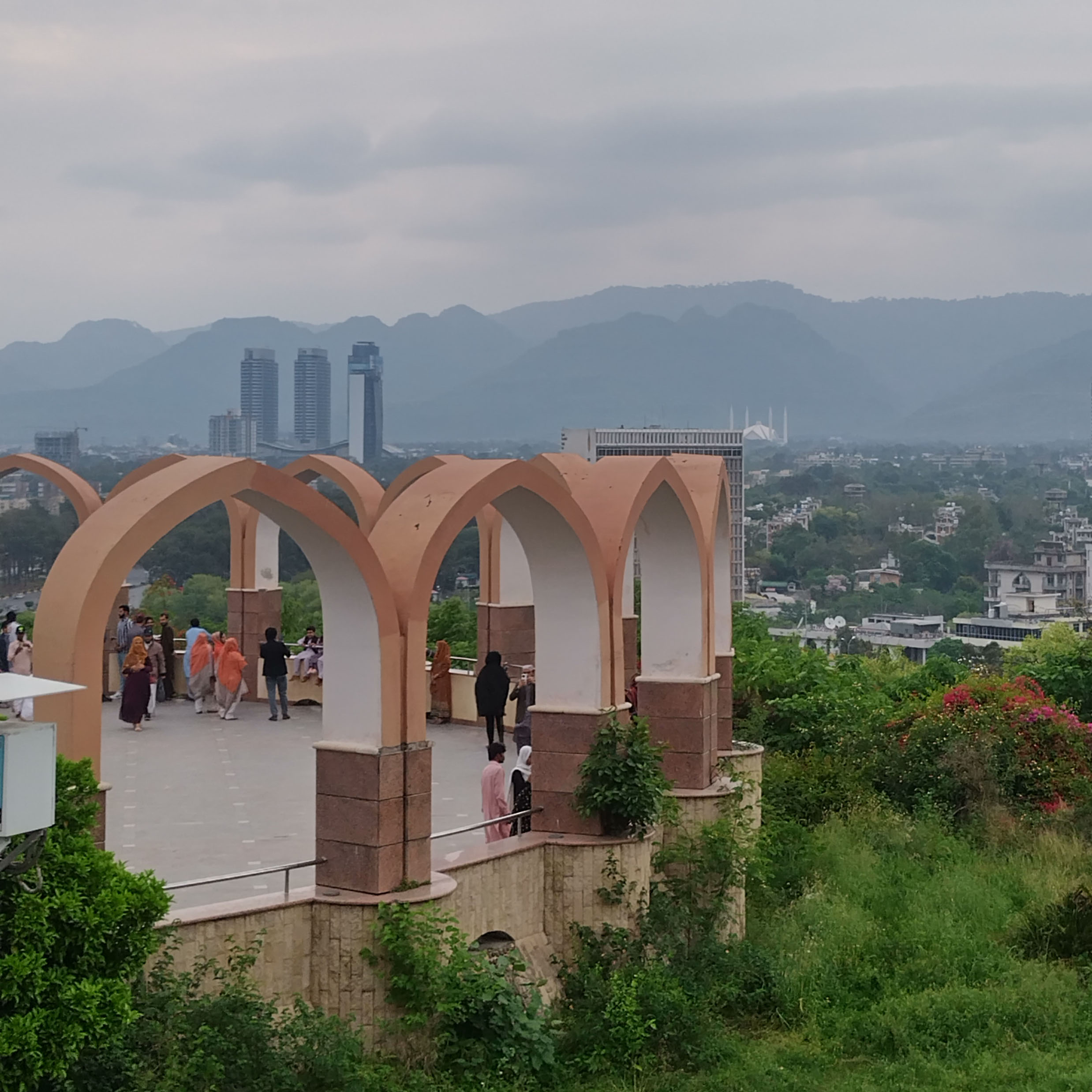Reflecting on a visit to Pakistan for the soft launch of our latest project
To mark the recent launch of our Evidence for Health (E4H) Monitoring, Evaluation, Research and Learning (MERL) contract for FCDO Pakistan, Integrity’s Vice President, Delivery (UK), Colin Smith visited Islamabad, where he caught up with colleagues and partners.
I was surprised by how much Islamabad had changed, writes Colin. Although I’ve visited Pakistan four or five times, this was my first visit in around 10 years. It was also my first as a non-diplomat, which gave me a slightly different perspective. I had come to learn more about Integrity’s work in the country over the past decade, to meet some of our excellent local partners, and to attend the soft launch of E4H, our latest project.
Some of the changes were obvious, for example, the shiny new airport terminal. Other changes were more subtle. Islamabad is not a microcosm of Pakistan, and things may be different elsewhere, but the city felt more relaxed. My impression was of fewer security checkpoints, and in the evenings, people milled around bustling cafes and restaurants. Pakistan has always had an entrepreneurial culture, and now it seemed to be gently blossoming.
From my meetings, and from chatting to the various people I met, I also came away with a sense of some fundamental challenges. One of the principal issues Pakistan faces is climate change. The floods of 2010 and 2022 still weigh on peoples’ minds. In 2022, Integrity, together with its partner Research and Development Solutions, was the Third-Party Validation and Monitoring lead for DAFPAK, the FCDO’s £90m, multi-year investment into family planning across Pakistan. In response to the floods, DAFPAK pivoted its funding to provide emergency health, family planning and maternal and child health services specifically to vulnerable women and children. This year Pakistan is expected to experience more extreme weather; during my visit 39 people were killed in a major storm in Punjab.
Climate change has far-reaching effects, which do not affect the population equally. Combined with the secondary impact of Covid-19, the floods have exacerbated some of the challenges for marginalised groups. Over the past decade, the UK alone has invested £900m in girls’ education and education system reform. Despite this massive investment, though, the Human Capital Index in Pakistan is still below the regional average. It will take concerted and sustained effort, especially in the education sector, to protect and promote the rights of all.
Despite the massive challenges that would daunt most countries, I left Islamabad with a cautious sense of optimism about the future. I’m looking forward to my next visit.
More information
Integrity delivers MERL services for two complementary programmes in Pakistan. E4H operates in Khyber Pakhtunkhwa (KP), Punjab and at the Federal level. Through the same contract we deliver services for the World Bank-funded National Health Support Programme (NHSP) initially in KP, Punjab and Sindh. You can learn more about E4H here, and view our Pakistan and wider regional capabilities here.
